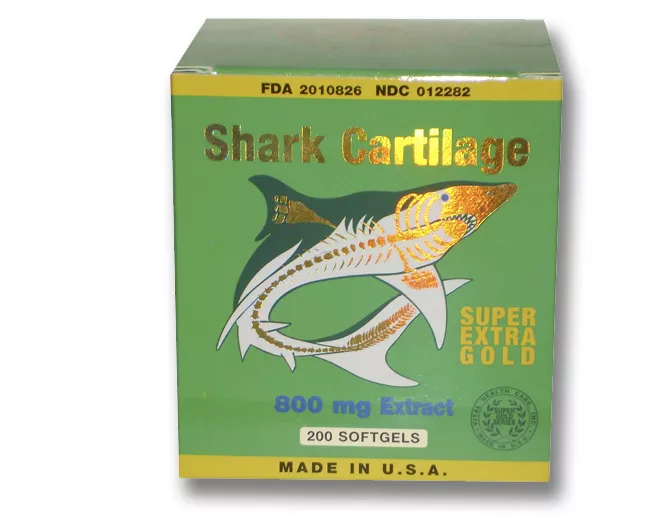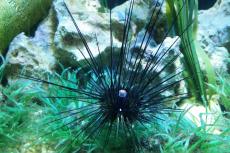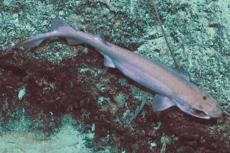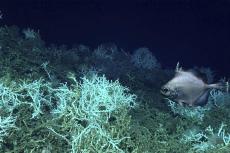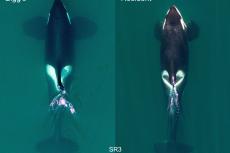Myth debunked: Shark cartilage has no benefit in cancer
Shark cartilage was once widely promoted as an anti-cancer agent and is still via the Internet for that purpose, based on the mistaken belief that sharks do not get cancer. But the first clinical trial of a shark cartilage product shows that it has no value at all.
Hopes that shark cartilage would prove to be a useful treatment for cancer were not borne out in one of the most rigorously designed and executed studies of an alternative therapy ever conducted. Adding a drug derived from shark cartilage to standard cancer treatments did not improve survival among patients with late-stage lung cancer in the study.
The possibility that the cartilage could be beneficial was supported by early studies which suggested that it has anti-angiogenic properties -- that is, it prevents the growth of blood vessels that nourish tumors. But the first clinical trial of a shark cartilage product shows that it has no value at all.
Testing the Usefulness of Shark Cartilage
The trial examined a carefully formulated and regulated liquid shark cartilage product developed as a drug, rather than one of the commercially available, but unregulated, supplements.
Dr. Charles Lu of the University of Texas M.D. Anderson Cancer Center and his colleagues enrolled 379 patients with non-small cell lung cancer that could not be treated surgically.
All received standard radiation and chemotherapy. In addition, half received a shark cartilage extract and half received a placebo.
No difference was seen in overall survival, progression-free survival, time-to-disease progression, and tumor response rates between the two groups.
Patients who got the shark cartilage treatment lived for an average of 14.4 months, which was a month less than the average survival of patients who did not take shark cartilage.
Shark Cartilage Still Widely Used
The idea that cartilage may stop or slow the growth of cancer was first proposed in the 1950s by a New York surgeon who also claimed that powdered cow cartilage could speed surgical wound healing.
Even though the shark cartilage study proved disappointing, White says other alternative treatments still show promise for the treatment of cancer. Among them, he says, are green tea extract and curcumin, which is derived from the spice turmeric.
"Just as with shark cartilage, there are many challenges involved in studying these treatments," he says. "But I believe these challenges can be met."
- Log in to post comments


